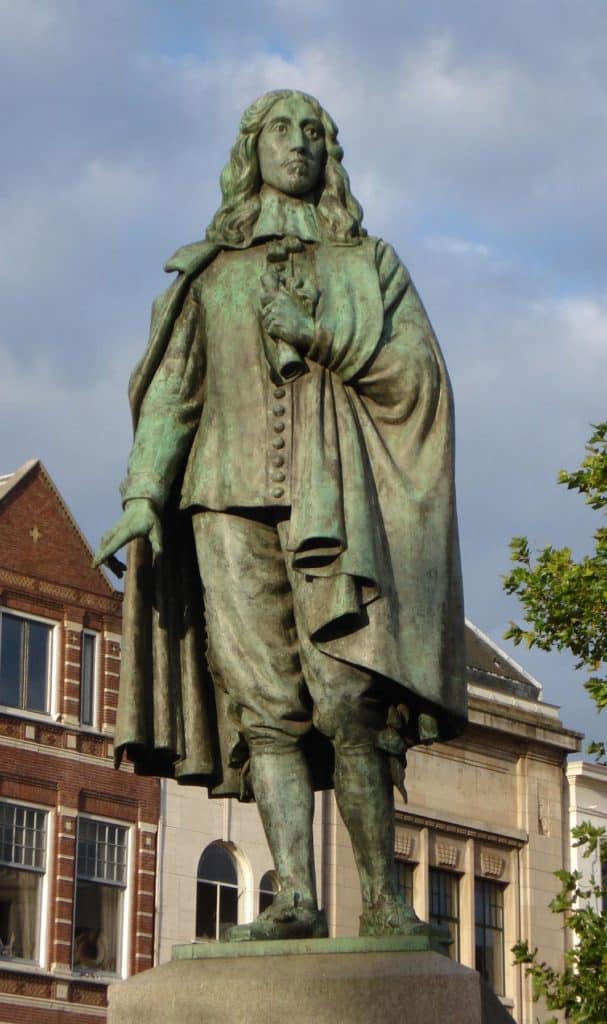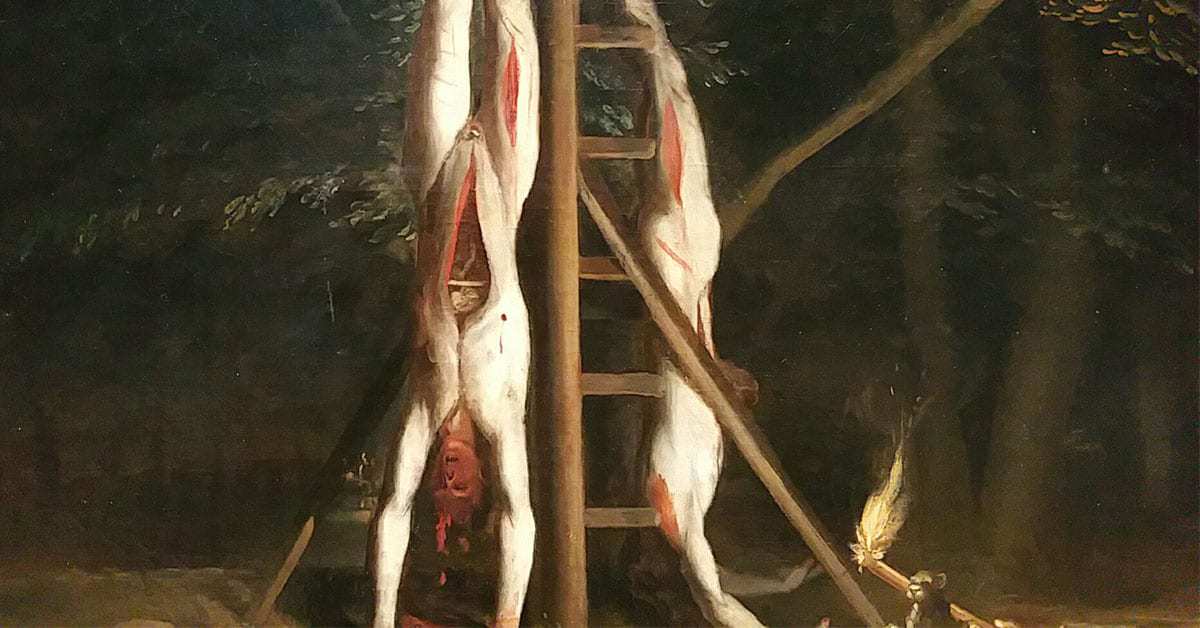These days, the ending of a political career is usually peaceful. Of course, in times of war, that isn’t always the case, but most often, when a person is voted out office, they leave peacefully and retire in comfort.That was not the case for Johan de Witt, the leader of the Netherlands political system in the mid 17th century.
By the time de Witt took office in Holland, the Netherlands (known then as the United Provinces or the Seven United Netherlands), had been undergoing an amazing golden age for several decades. Johan de Witt was elected Grand Pensionary of Holland, the United Provinces most powerful province, in 1653. The way the Netherlands was organized during the 17th century, de Witt was the de facto head of the United Provinces between 1653 and 1672.

Like with modern politics, there was a split between two factions. The group that de Witt represented was the merchant class, who favored a smaller central government, strong Protestant moderation and a ‘pragmatic’ style of foreign policy. The other faction was led by the House of Orange-Nassau. They represented the more middle class that favored a stronger government headed by a strong leader. Johan de Witt was a strong opponent of the House of Orange-Nassau his entire career.
The House of Orange-Nassau was an ancient house that played a role in the politics of the Netherlands government for centuries. In fact, the House was only dissolved by extinction in the main line in 1962.
One of Johan de Witt’s biggest problems, as we’ll see, is that he identified much more with the merchant and shipping classes, which were very much centered in Holland. The other six provinces were not so entrenched in those classes.
Johan de Witt’s Holland also differed religiously. Holland tended towards the Dutch Reformed Church, whereas some of the other provinces bore a more Calvinist approach to Protestantism.
This separation between the upper and middle classes would prove to be de Witt’s downfall, as would his life long opposition to the House of Orange-Nassau.
In 1650, four years before de Witt’s election, William III of Orange was born. He was the son of the late William II, who had passed away in November of that year. The middle class, who overwhelmingly supported the House of Orange-Nassau

At the time of de Witt’s election, the Dutch were embroiled in the First Anglo-Dutch war. In 1654, de Witt ended that war with the Treaty of Westminster. The British managed to sneak in a secret clause (called an annex) which precluded William III of Orange from becoming the stadtholder (Chief Magistrate) of the United Provinces, it was called the Act of Seclusion. This would become much more important as young William got older.
Due to his life-long opposition to the House of Orange-Nassau , de Witt and three other leaders who opposed that house, conspired to control William the III through his education. Johan de Witt, as he did throughout his entire career, would do almost anything to keep a member of the House of Orange-Nassau out of positions of power.
The annex in the Treaty of Westminster wouldn’t come back to bite de Witt until later in his career. The aftermath of the First Anglo-Dutch War saw the Netherlands prosper economically under de Witt’s leadership. This allowed de Witt to further his ties to the merchant class.
As you’ll see if you jump to the next page, it is this conflict that eventually led to a disastrous downfall for Johan de Witt.

